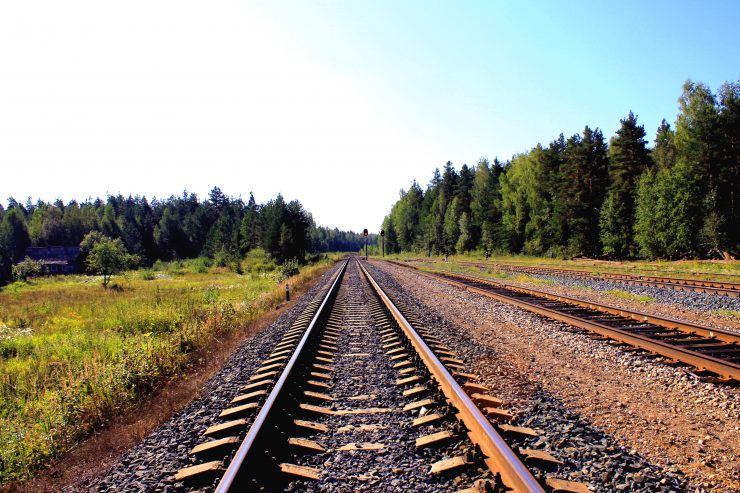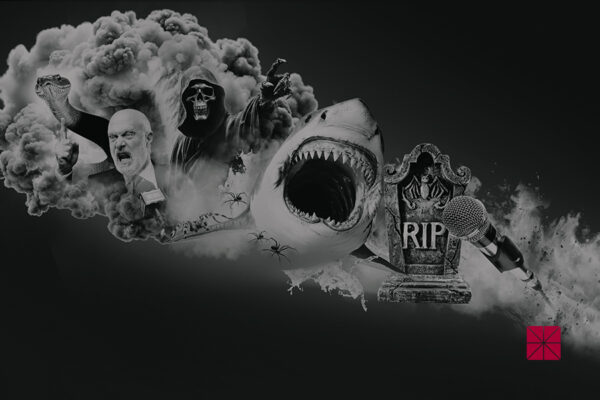Thoughts of home usually come delivered in sensory packages — the smell of a baking pastry, the sight of a backyard oak tree, the feel of clean sheets against the skin — and for me, as a child, this wordless impression came from a sound.
Not everyone would consider this sound a pleasant or a musical one, and some might think it downright frightening.
It was the blaring of the horn at the front of a Union Pacific locomotive as it barreled through the wheat fields that surrounded a small town in northeast Kansas. The mechanical scream was enough to take the feathers off a bird at close range.
But if you were 8 years old and lying in a poster bed in an upper room of a Queen Anne house half a mile away and hearing that muted cry through a light curtain of rain falling outside the open window on a summer evening, the sound was magical. It invoked a night-realm of steel and oil and the lights of unseen cities and adults who spoke in an incomprehensible language. I wanted to be on that train. And yet, that long minor-key note out the windows still spoke of the spectacular comfort of home — of wanting never to leave the bed.
For an earlier generation of Americans, the town depot was the portal to the outside, far more so than the highway. The train was the gateway to growing up, for ritually leaving home, for the physical manifestation of youthful dreams. This was where you said goodbye to your family. The train sped you away from your childhood, just as surely as time was relentlessly forcing you to grow taller and bigger. The train calls us away from home. Sirens sing from the tracks.
“Trains — you hear those men talk about trains like they were their first lover — the names of the trains, the times of the trains,” Toni Morrison once marveled. She speculated that the railroad played a role in one of the great themes of literature about African-American men. “That’s what they do,” she said. “It is the Ulysses theme, the leaving home.”
The train whistle was designed as a danger warning. It can be the last thing a cow or a person ever hears. The driver also blows it twice when a train is ready to pull away from a town, a final exhortation for passengers to quit dithering and get on.
I loved that muted sound through the windows on a prairie night, perhaps even as I was dimly aware that childhood would not last forever and that I would be growing up soon enough and going down the tracks that don’t let you return. Timetables are not subject to negotiation. It made that temporary home and its poster bed seem sacred in the moment, if only because I knew that I would have to leave it soon enough.
Zoellner, associate professor of English at Chapman University, is author of Train: Riding the Rails That Created the Modern World.





Add comment